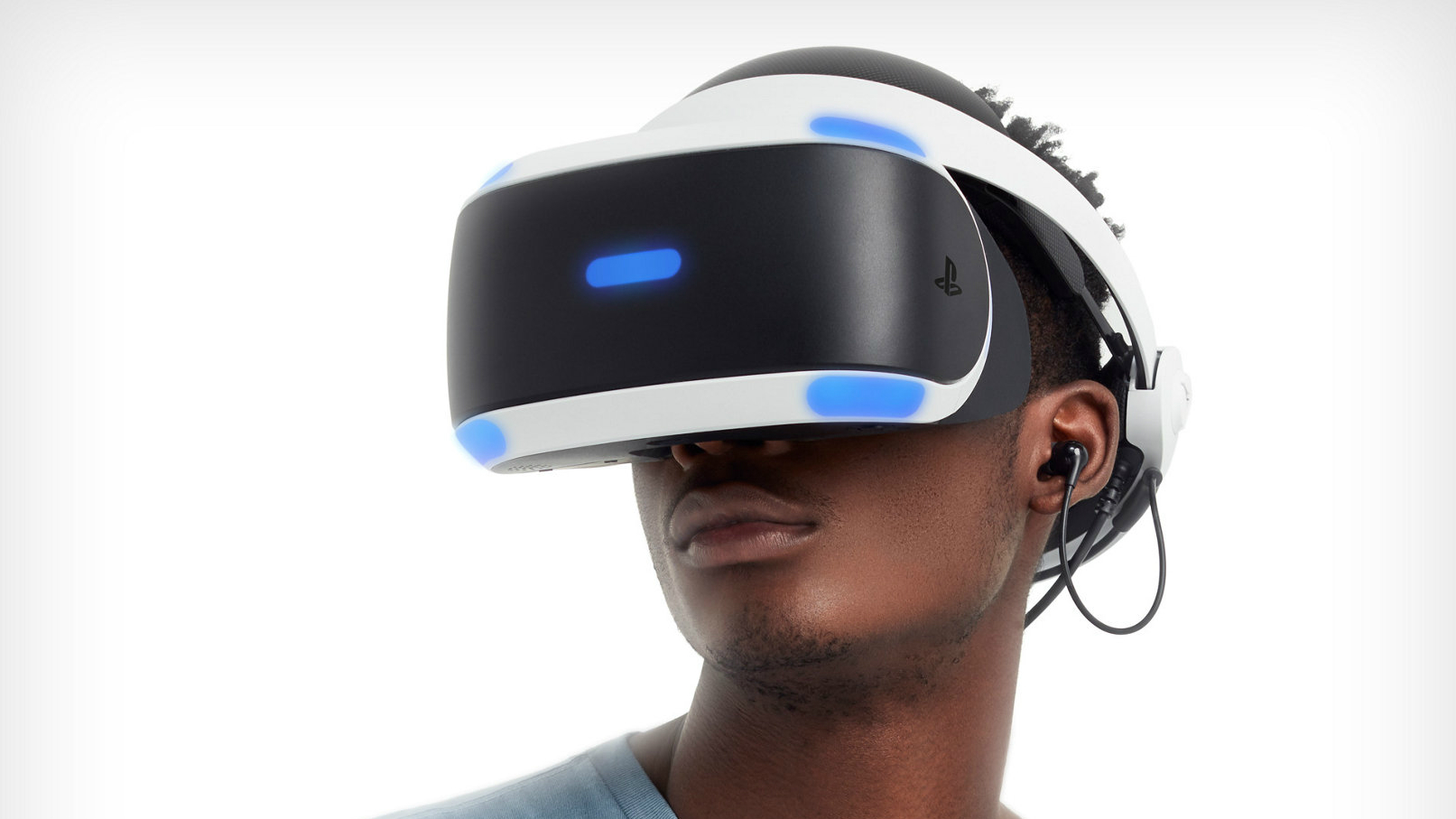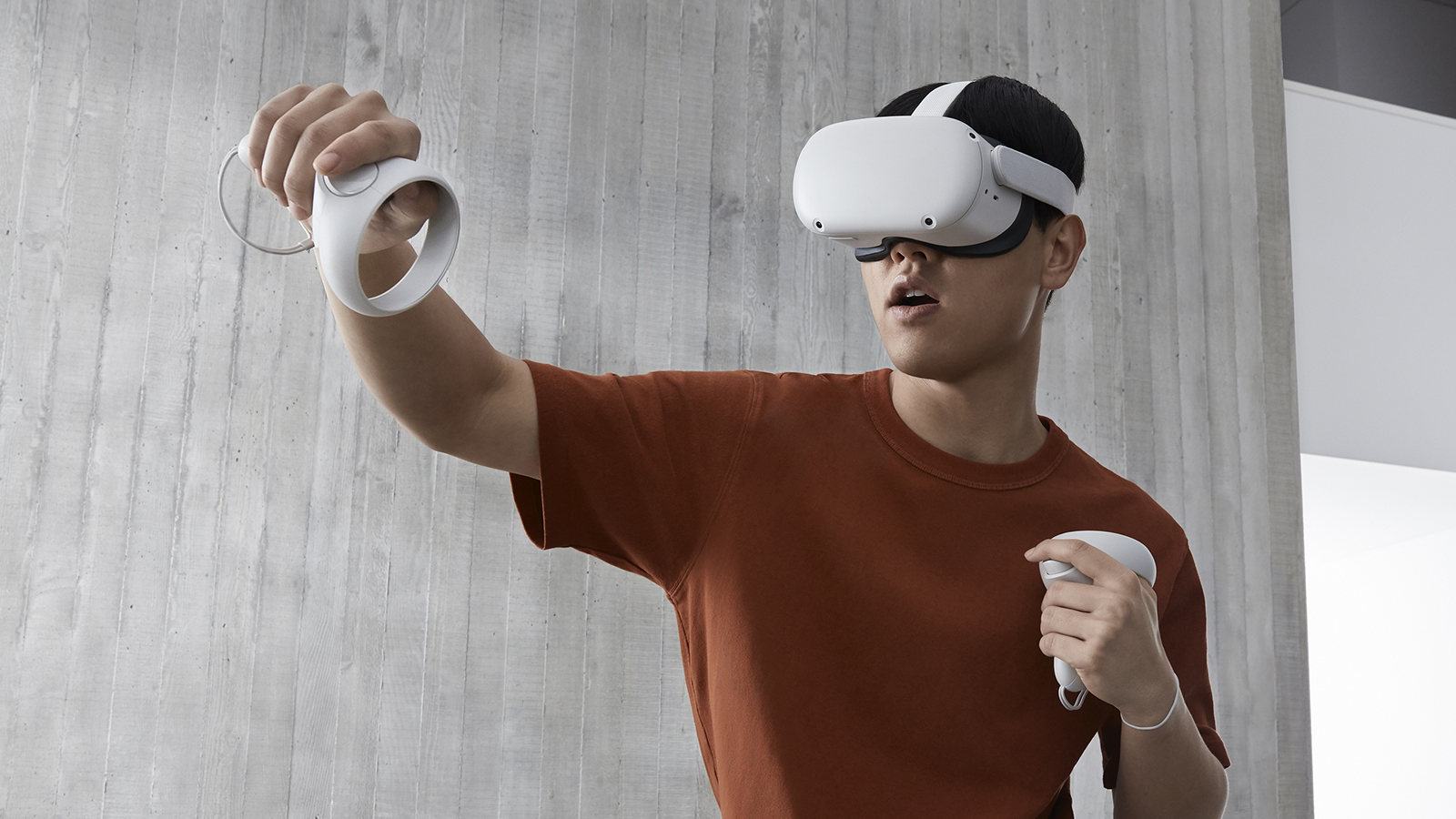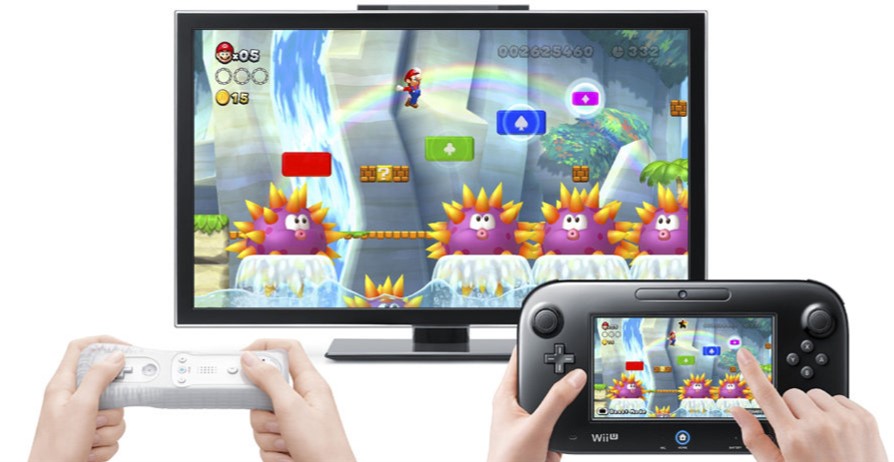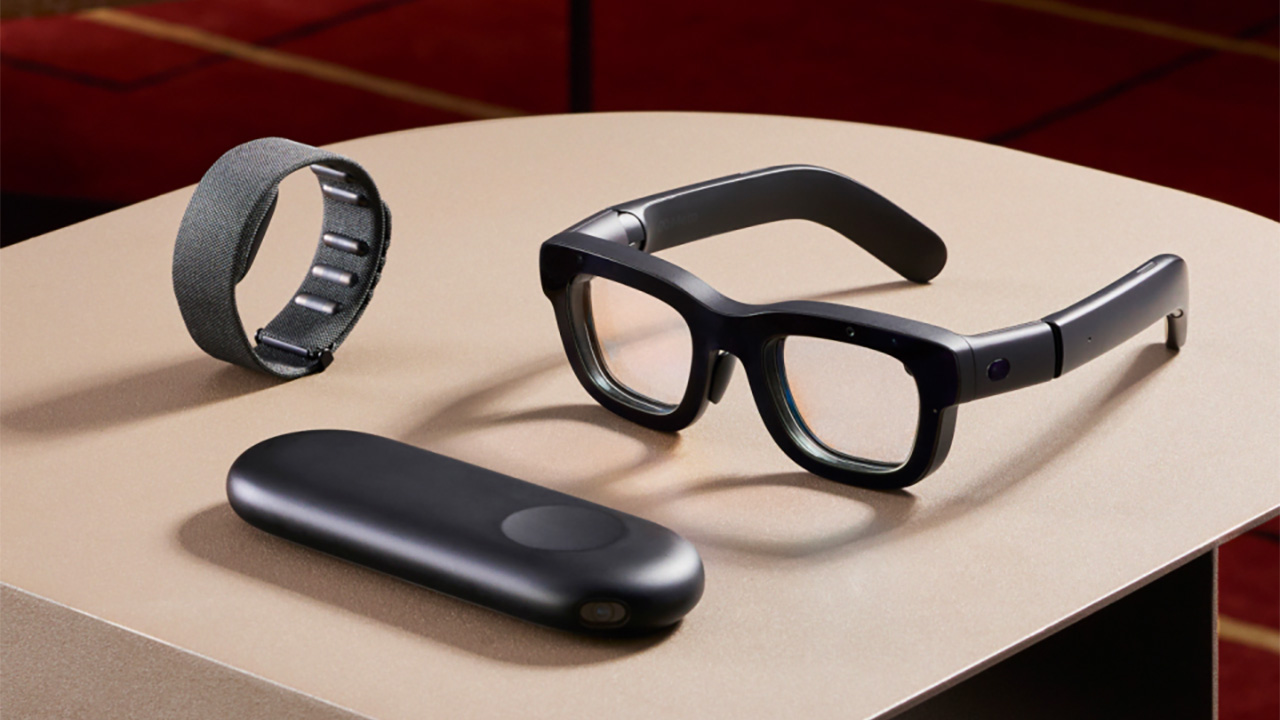

I've been eagerly awaiting a follow-up to the PlayStation VR ever since Sony first announced the PlayStation 5. I played the original and loved it, but the 'screen-door' effect of its low resolution stood out to me too much when playing. With other headsets quickly pushing ahead in the number of pixels per eye, I resolved (sorry) that I would absolutely buy the inevitable follow-up version that overcame this – I was convinced by the experience, but it felt too much like an first-gen release purely because of the blocky visuals.
I assumed that a 'PS VR Pro' would be maybe three years away at most, because the pace on VR hardware development was so rapid. That, clearly, was wrong – and with every year going by, it felt more unbuyable, because we were a year closer to the next version (that I'd invented in my head). But now, vindication! Sony's PS VR 2 announcement is here.
- Sony releases PS5-ready OLED 4K TV this month, but it'll cost you
- Massive PS5 restock set for this week at Amazon, GAME, Currys and more
- Samsung Galaxy Z Fold 2 gets mammoth multitasking upgrade
Sony hasn't said what resolution per eye we're looking at in the new headset, but I'm feeling pretty confident it'll be higher than the 1080p display from the original, so short of some kind of massive pixel shortage in 2022, I'll assume that desire of mine will be ticked off.
But in the time since PS VR launched, there's been another shift in VR that's just as important as resolution. Back in 2016/2017 when I was playing the original, the clunky collection of wires involved in making it work was just something you lived with for that kind of new tech.
Here in 2021, though, the VR conversation is already dominated by totally wireless standalone VR headsets, like the Oculus Quest 2. There's very little discussion around the big PC headsets now, even – the future of mainstream VR has been settled on, and it's cable-free.
But the PS VR 2 will have a cable. That's one thing Sony did confirm – just a single cable (probably straight to the PS5's USB-C port) – but a cable nevertheless.

Look how free this man and his Oculus Quest 2 are!
I have an Oculus Quest, which has been a lockdown saviour for me, and its wireless convenience was a big part of that. It just sits in the room where I play it, and I can grab and go. No thinking about where the wires run, or warning others that I've draped a tripwire across the room. I can swing freely in Beat Saber – no dangling, no tangling.
Sign up to the T3 newsletter for smarter living straight to your inbox
Get all the latest news, reviews, deals and buying guides on gorgeous tech, home and active products from the T3 experts
One single cable isn't the biggest deal in the world, but it still just deflates me. I keep my console controllers next to the sofa, with their own charging cable there, so I can always just grab and go. I want to be able to do the same with my PS VR headset, but I can only do that if I don't mind having the cable permanently across the living room. And I do. For aesthetic reasons, as well as 'not wanting to trip, smack my head, and trash both PS5 and PS VR in the process' reasons.
Or, I'd like to be able to play the PS VR from any seat in my living room, but some are much more realistic than others if there has to be a cable running across the room.
Obviously, I don't expect the PS VR 2 to be a standalone headset, like the Oculus Quest. Wireless connections for PC VR headsets exist, and they work great, using a dedicated wireless connection to ensure zero lag and interference. This kind of thing isn't unprecedented on console either: the Wii U used the same kind of dedicated Wi-Fi-like connection for the screen on its controller, and that worked a treat. The console stumbled, but the technology was rock solid.

Say what you like about the Wii U, you could play on that screen with no lag.
Being standalone, and powered only by phone parts, gives the Oculus Quest its own limitations about what software it can run. I was hoping that the PS VR 2 would give us the best of both – the convenience and care-free nature of being wireless, with the power of the PS5.
Once we know more about the PS VR 2, it might be that there are extra features that mean going wireless isn't realistic. And those might be so cool that they outweigh the convenience even for me, a man who has written far too many words about how This Single Cable Ruins Everything.
And I'm still really looking forward to the other things Sony has hinted at – especially the use of DualSense tech, which could be absolutely incredible in a new controller built especially for giving different types of feedback and resistance as you interact with a virtual world.
It's all so futuristic! But that's why having it be wired just feels… archaic.
Matt is T3's former AV and Smart Home Editor (UK), master of all things audiovisual, overseeing our TV, speakers and headphones coverage. He also covered smart home products and large appliances, as well as our toys and games articles. He's can explain both what Dolby Vision IQ is and why the Lego you're building doesn't fit together the way the instructions say, so is truly invaluable. Matt has worked for tech publications for over 10 years, in print and online, including running T3's print magazine and launching its most recent redesign. He's also contributed to a huge number of tech and gaming titles over the years. Say hello if you see him roaming the halls at CES, IFA or Toy Fair. Matt now works for our sister title TechRadar.
-
 Build unshakeable core strength with a kettlebell and these three exercises
Build unshakeable core strength with a kettlebell and these three exercisesAdd this to the end of your workout to fire up your midsection muscles
By Bryony Firth-Bernard Published
-
 The next big tech battlefield is AR Glasses – and Apple is ready to fight
The next big tech battlefield is AR Glasses – and Apple is ready to fightTim Cook is said to "care about nothing else"
By Sam Cross Published